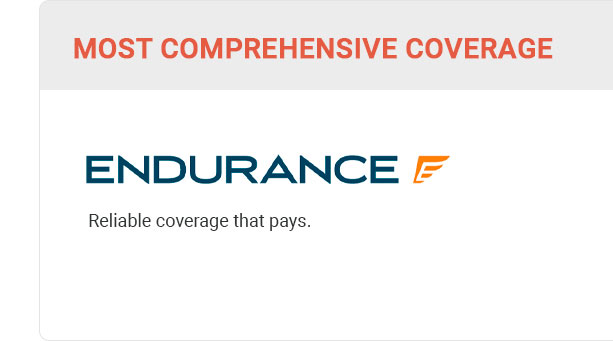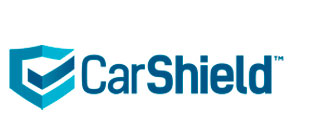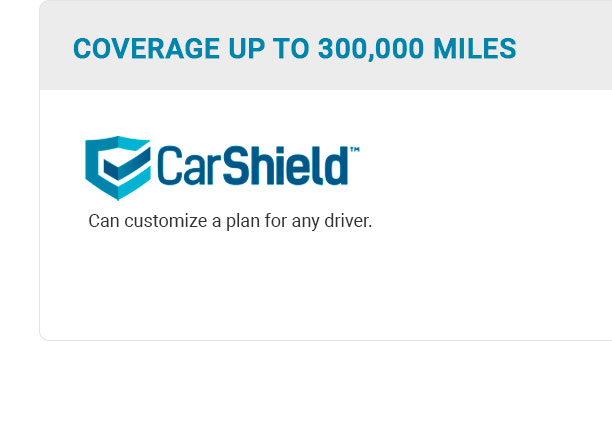 |
 |
 |
 |
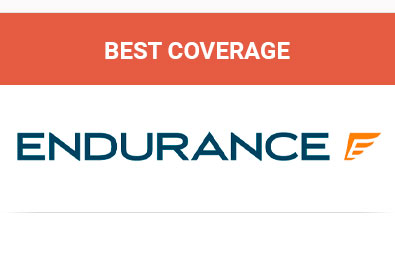 |
 |
 |
 |
 |
 |
|||
 |
 |
|||
 |
 |
|||
 |
 |
|
|||||||
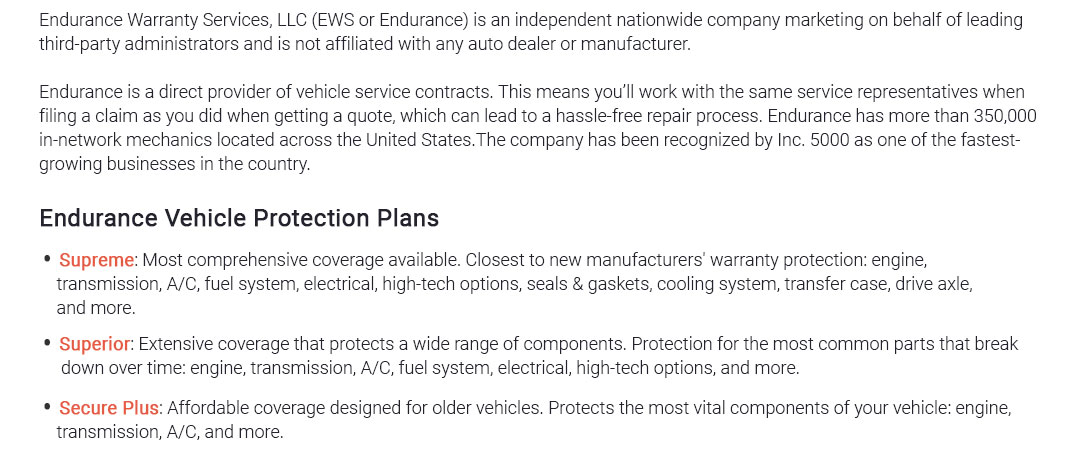 |
|||||||
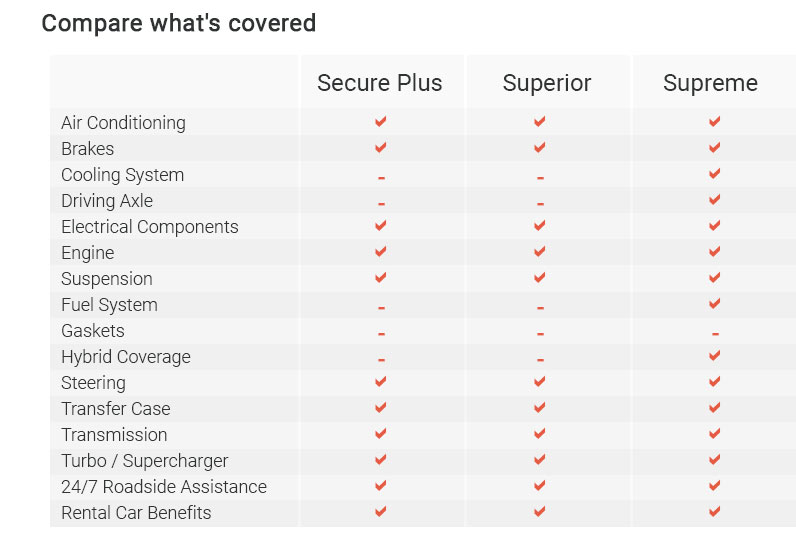 |
|||||||
 |
|||||||
 |
|||||||
|
|||||||
|
||||||
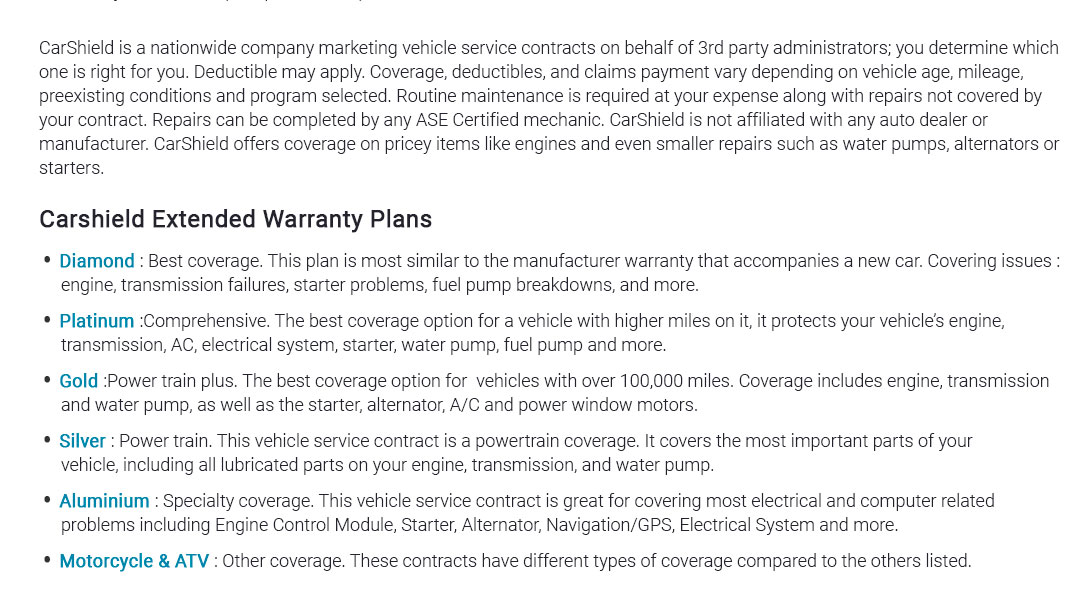 |
||||||
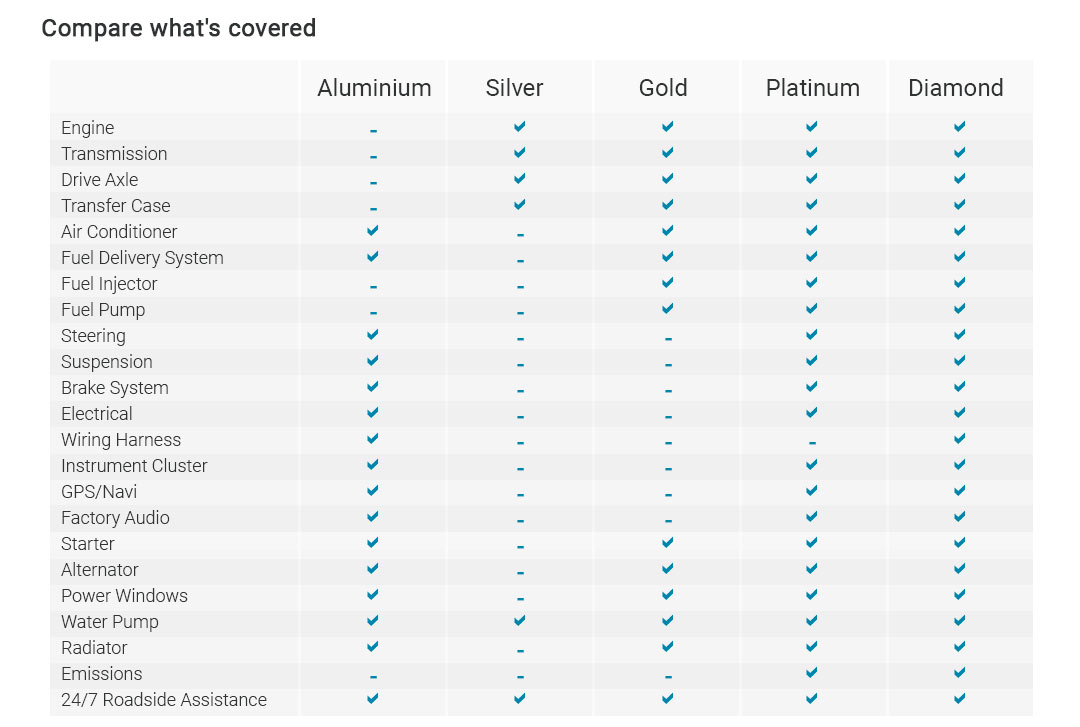 |
||||||
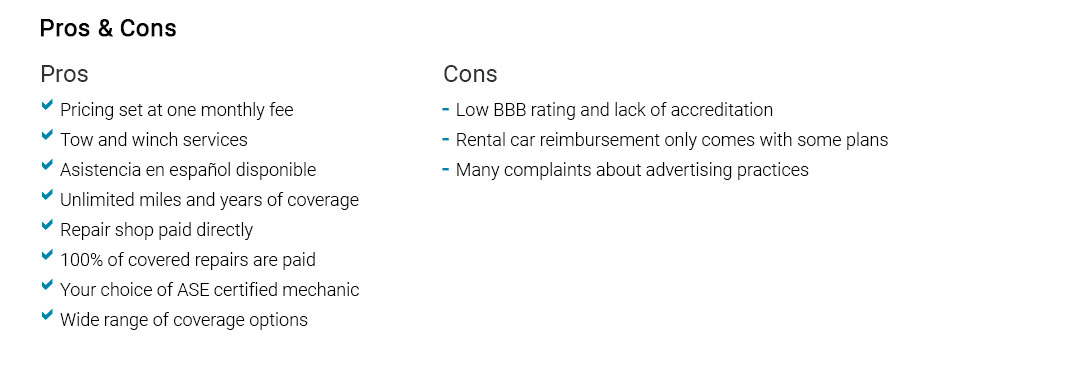 |
||||||
|
 |
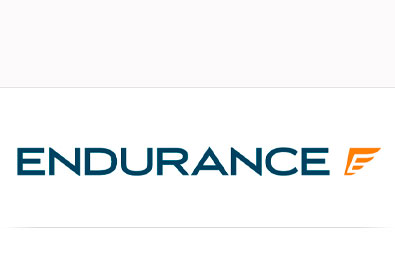 |
 |
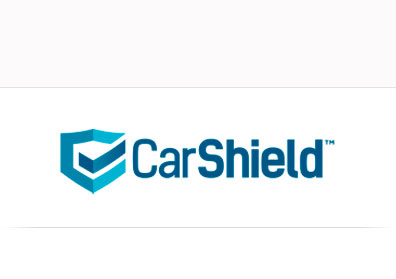 |
 |
 |
 |
|||
 |
 |
|||
 |
 |
Understanding Auto Repair Insurance Policies: Key ConsiderationsIn today's fast-paced world, owning a vehicle is often more a necessity than a luxury. Yet, with vehicle ownership comes the inevitable responsibility of maintenance and repairs, which is where an auto repair insurance policy can play a pivotal role. This form of insurance, sometimes referred to as mechanical breakdown insurance, is designed to cover the cost of repairs that go beyond the scope of standard auto insurance policies. While many are familiar with liability or collision insurance, fewer understand the nuances of auto repair insurance. This article delves into its complexities, offering a comprehensive guide for potential buyers. Firstly, it's imperative to understand what auto repair insurance actually covers. Unlike traditional auto insurance that deals with accidents or damage due to external factors, auto repair insurance focuses on the mechanical components of your vehicle. It typically covers repairs for engine components, transmission systems, and even electrical systems, but it's crucial to note that coverage can vary significantly between different providers. Therefore, when considering such a policy, one must thoroughly review the terms to ensure that it aligns with their needs. Moreover, a common misconception is that this type of insurance is synonymous with an extended warranty. While both serve to mitigate repair costs, they are inherently different. An extended warranty is usually offered by the car manufacturer and covers specific parts for a limited period or mileage. In contrast, auto repair insurance is an ongoing policy that can be tailored to your usage and often offers broader coverage. This distinction is vital as it influences both the cost and the scope of protection. When choosing an auto repair insurance policy, there are several factors to consider. Here are a few key points:
From a broader perspective, the decision to purchase an auto repair insurance policy should be informed by your financial situation and the reliability of your vehicle. Vehicles known for durability might not necessitate such coverage, whereas those with a history of frequent repairs could benefit greatly. In conclusion, while auto repair insurance is not a one-size-fits-all solution, it offers peace of mind for many drivers, effectively safeguarding against unforeseen mechanical failures. By carefully evaluating coverage options and understanding your vehicle's needs, you can make an informed choice that offers both protection and financial prudence. https://jjinsurance.com/what-kind-of-insurance-do-i-need-for-an-auto-repair-shop/
Every car repair shop must have insurance coverage. Your company's day-to-day operations including dealing with hazardous equipment and on costly automobiles. https://www.thegeneral.com/blog/car-repair-insurance/
Until your warranty expires, any repairs you need on your car should be covered. However, once your warranty is over, you're on the hook for any ... https://www.joinroot.com/car-insurance/car-repair-insurance/
Yes, car insurance can cover repairs, but only if they are for damages resulting from a covered accident. You'll also need to have the right level of coverage.
|



